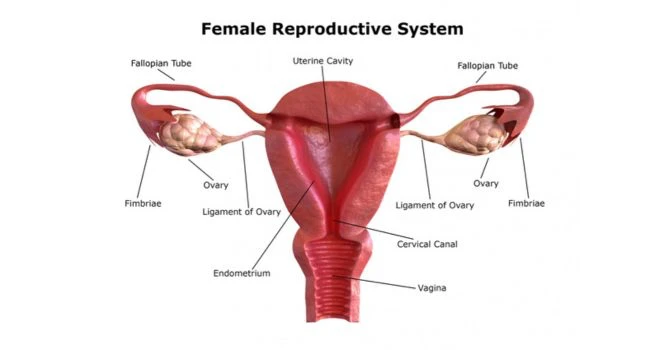Everything you need to know about Irregular Periods
What’s worse than having a period? – Missing one or having a painful one!
Menstruation is a sign of good health and every female individual does through regular menstrual periods ever since puberty until menopause, except during times of pregnancies. Each woman differs in the way in which she experiences her menstrual cycles. Although menstrual cycles can differ in frequency and in length, it is important to know if your periods are regular or not. While a typical menstrual cycle is 28 days long, each woman is different and so is her menstrual cycle. It can occur anywhere between every 24-38 days apart. While some women have extremely regular periods that they can even predict, other women might be wondering when they will get it at all. Around 14 percent of women in their childbearing years suffer from Painful, irregular, or heavy periods.
Regular periods indicate that your body is working normally. Unless you are pregnant, breastfeeding, postmenopausal, or have a medical condition that causes your periods to stop, you should be having regular periods. Irregular, painful, or heavy periods might indicate a serious health problem. Irregular menstrual cycles can also make it difficult to get pregnant. Consult your gynecologist who can work with you to help get your periods more regular.
You periods are considered irregular if they arrive more frequent, very random heavier or lighter than normal, longer or shorter than normal and/or if you’re experiencing pain.
Here’s a list of the most common menstrual irregularities:
- Amenorrhea (absence of menstrual periods)- where a woman does not get her period by the age 16 or If she stops getting her period for a minimum of three months and in the absence of pregnancy
- Oligomenorrhea (Infrequent periods) that occur in irregular frequencies.
- Menorrhagia (excessive bleeding) is the case of heavy periods.
- Dysmenorrhea (painful periods) includes severe menstrual cramps
- Prolonged menstrual bleeding which occurs more than 8 days
- Polymenorrhea (frequent periods) occurs less than 21 days apart
- Intermenstrual bleeding includes bleeding or spotting between periods
- A shortened menstrual cycle which occurs less than a duration of 2 days.
Among teenage girls, menstrual cycles take their time to regularize and it is extremely normal and is a process of growing up. Even if you are not pregnant or breastfeeding, you could miss or have a delayed period due to the following reasons:
- Stress
- Excessive exercise
- Polycystic ovarian syndrome (PCOS)
- Perimenopause (in the late 40s- early 50s)
- Side effects due to Certain medications
- Obesity
- Extremely low body weight
- Hormonal imbalances
- Thyroid problems
- Eating disorders like anorexia nervosa
- Serious health problems like birth defects or tumors
- Pelvic inflammatory disease
- Uncontrolled diabetes
- Uterine polyps or fibroids
- Bleeding disorders
- Problem with ovulation
- Endometriosis
Based on how irregular your periods is along with other factors to consider (if you’re planning pregnancy), your gynecologist will suggest treatment options including:
- Oral contraceptives
- Cyclic progestin
- Injectable hormone therapy
- Non-steroidal anti-inflammatory medications like those containing tranexamic acid or progestin, etc
- over-the-counter medicines like naproxen or ibuprofen for cramps
Keeping track of all the details about the frequency and duration of your periods is very important to understand your risk for issues related to your irregular periods. However, maintaining healthy body weight, not smoking and reducing stress can help improve period problems.













